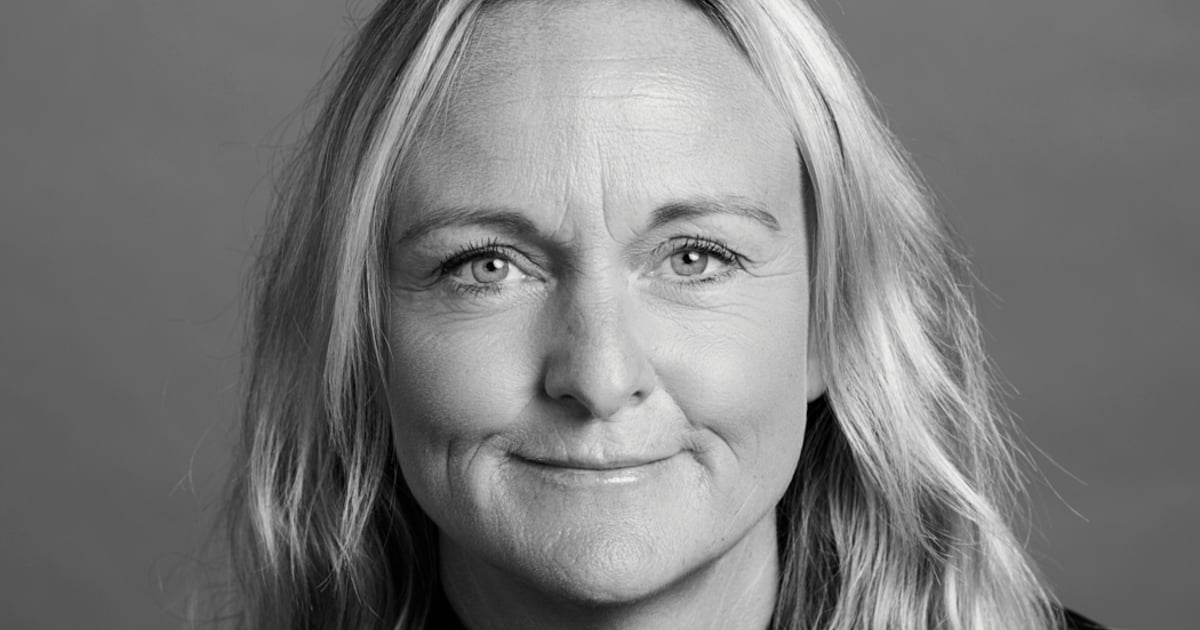
Åsa Borg remembers her first meeting with Polestar CEO and design guru Thomas Ingenlath to talk about a position at the new electric vehicle company.
“It was a chance to see the beautiful cars the brand had coming,” Borg said. “The cars are just amazing. It felt like a great challenge to work on such a relevant brand. It was not only the beautiful design but the whole sustainability aspect —Polestar was so different. It felt very important to me personally.”
But it was also June of 2020. Borg took the job as Polestar’s chief marketing officer, aware of the challenges that faced her: “It was a big journey,” she said. “We were introducing a brand and product in the middle of COVID-19, with a war in Europe and an energy crisis, while all working remotely.”
The all-electric Polestar 2 performance vehicle has been a hit with car aficionados and European buyers—and an ad in the 2023 Super Bowl telecast piqued interest in the U.S., where the brand has been expanding its presence. Founded by Volvo Cars and Geely Holding Group, Polestar announced its first two SUVs this year.
Borg set up an in-house creative team that has worked to position Polestar as the embodiment of Scandinavian automotive luxury. Its minimalist, black-and-white ads are laser focused on the cars’ design but also have poked at other automakers. The Super Bowl ad — the one that prompted the most post-game consumer searches — thumped: “No Dieselgate, no dirty secrets, no conquering Mars, no greenwashing, no compromises.”
Borg said she has loved working at Polestar because “the team is so passionate.” Clearly that’s a thread running through her professional life.
“My passion for the business that has defined the work I do: working with strong brands, using that in creative communications,” she said.
Borg grew up in Sweden with no plans to enter the auto industry. She studied international business in college and started a career in banking. But at a recruitment event, she met a man and a woman from Volvo.
“They sold the company to me,” she said.
She joined Volvo’s development program for young executives, where she spent a year and a half “getting a chance to see the whole company,” she said.
Borg was named product manager for the company’s first SUV, the XC90.
“It was a super-important program for the company. I remember being at the Detroit auto show to introduce the car and feeling like I was one of the few females there and a lone female in the management team,” she said. “But I knew the car inside and out.”
Borg, who spent more than 20 years at Volvo, recognizes the importance of women in all ranks of the industry, pointing out that Volvo has a female mentoring program and a goal of a 30 percent female workforce by 2030. “I think it’s pretty well-established that companies see the benefit of having that mix of personalities, experiences and genders,” she said.
But she said she feels it’s “been up and down being a female in the auto industry” over the past two decades. For example, she said, “Unfortunately, in many places it’s very clear that when you start having a family, you feel like you’re ending your career.”
Her company now has a parental leave policy that doesn’t distinguish between mothers and fathers.
“These are small things that companies can do to make it easier on people with families,” she said.
In terms of the overall presence of women, she said, “In some parts of the auto industry it’s still challenging to be a woman. We probably need to work harder than men. It’s not a walk in the park — it requires hard work. And even though it feels like there are more women, and we’ve come a long way, there’s still a long way to go.”
Still, she said she would recommend the auto industry to young women interested in a career.
“We have such an important journey ahead of us in terms of sustainable mobility,” she said. “That brand promise will attract a lot of women to the industry. They will want to join brands and companies filled with a purpose you can stand behind.”